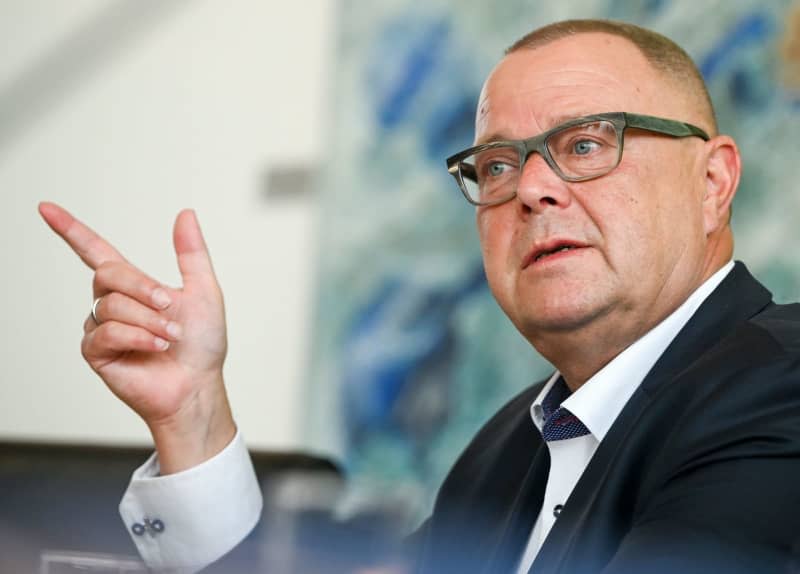German state interior minister urges more security at EU borders

The interior minister of a German state that shares a border with Poland said he believes that the external borders of the European Union should be more strongly secured following a compromise reached on asylum by the EU during the week.
"If the EU's external borders remain so porous and we have to take in additional people from the border procedures, we will have a deterioration," Michael Stübgen of the state of Brandenburg that surrounds Berlin told dpa.
"This must go hand in hand with increased security at the external borders against the smuggling mafia."
Stübgen is due to take over the chairmanship of the meetings between the interior ministers of the 16 German states from January.
The EU states and the European Parliament agreed on standardized procedures at the EU's external borders. The plan foresees a much stricter handling of people from countries that are considered relatively safe.
Until a legal decision is made on their asylum application, asylum seekers are to be housed in reception centres under strict rules.
The European Parliament and the EU member states still have to give their final approval.
"I consider the procedure at Europe's external borders for obviously unfounded asylum applications to be necessary," said Stübgen. "However, the external border camps must first be set up and be appropriate in humanitarian terms."
He considers the planned solidarity mechanism for the distribution of refugees to be a "first correct step."
No agreement could be reached otherwise. "It would make much more sense to take in refugees directly from crisis regions via reception programmes," he said.

